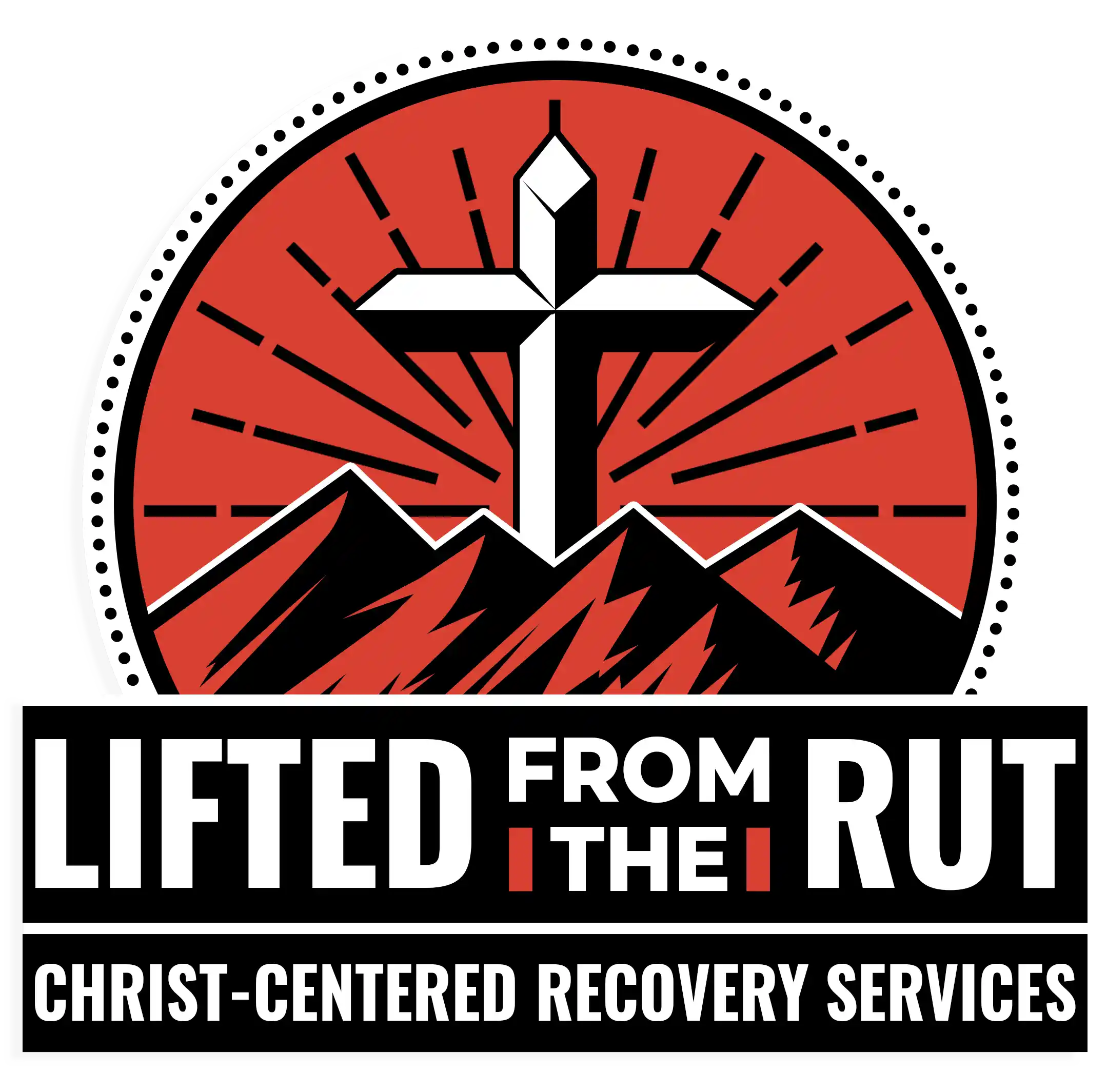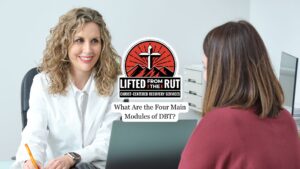Recovery from addiction is a deeply personal and often journey. It demands strength, resilience, and a willingness to confront uncomfortable truths. While medical intervention, therapy, and support groups form the bedrock of many recovery plans, an often overlooked yet powerful element is faith.
This article sheds light on the role of faith in addiction recovery and explains its holistic approach that addresses the physical, emotional, and spiritual dimensions essential for lasting recovery.
Faith in the Context of Recovery
Faith can play a significant role in the journey of those struggling with addiction, offering a foundation of hope, purpose, and resilience throughout the recovery process. Integrating faith and spirituality into addiction treatment allows individuals to draw strength from their beliefs, providing comfort and guidance during challenging times. For many, faith is not only a source of personal motivation but also a framework for understanding their struggles and envisioning a path toward healing.
Faith can help you find a sense of belonging, a reason to live a healthier life, and a drive to contribute positively to the world. It can also help you redefine your identity beyond your addiction and discover new sources of fulfillment.
It can also cultivate hope and resilience. Faith reminds you that even in moments of darkness, there is a brighter future for which to strive. It teaches you resilience by instilling the belief that you are not alone and that strength can be found in something larger than yourself.
Likewise, faith offers a supportive community. Spiritual communities can provide a network of individuals with similar values and beliefs. This community can provide a safe and supportive environment in your recovery journey through encouragement and understanding. Learn how our Christ-centered recovery program in Colorado can help you restore hope, identity, and purpose in your life.
It also provides a moral compass, guiding you towards healthier behaviors and choices. It can encourage self-reflection, accountability for past actions, and a commitment to making amends. Principles like honesty, compassion, and service to others, often central to faith traditions, can be invaluable tools in rebuilding trust and integrity.
Theoretical Foundations
The theoretical foundations of faith in addiction recovery are grounded in the view that addiction is not solely a biological or psychological disorder, but often stems from a deeper spiritual void or sense of alienation from a higher power or God.
Faith-based addiction treatment programs, particularly those rooted in Christian traditions, conceptualize substance abuse as an attempt to fill this spiritual emptiness, positing that true recovery involves addressing both the spiritual and existential dimensions of the individual. Central to these models is the belief that healing occurs through spiritual transformation-specifically, through developing or restoring a relationship with God, experiencing forgiveness, and embracing a sense of purpose and meaning that transcends the self.
This approach is operationalized through practices such as prayer, meditation, confession, and participation in a faith community, which together foster hope, resilience, and accountability.
Empirical studies support these theoretical underpinnings, showing that increased religiosity and spiritual growth during treatment are associated with greater abstinence and long-term recovery, as faith provides a framework for coping, moral guidance, and social support.

Faith-Based Recovery Practices and Models
Programs like Alcoholics Anonymous and Celebrate Recovery utilize the 12-step model, which explicitly incorporates faith and spiritual awakening as key components of the recovery process. Faith-based treatment centers often combine evidence-based therapies, such as behavioral counseling and individual therapy, with Christian counseling and biblical principles, providing a holistic approach that attends to the physical, emotional, and spiritual needs of participants.
A distinctive feature of faith-based recovery is the emphasis on community support and accountability, as group sessions and peer networks foster a sense of belonging and mutual encouragement among individuals who share similar values and beliefs.
Religious leaders and mentors play a pivotal role, offering guidance, moral support, and spiritual counsel throughout the recovery journey. The holistic focus of these programs aims for long-term transformation by nurturing spiritual growth, emotional healing, and personal development, often resulting in higher rates of sustained sobriety for those who experience a “spiritual awakening” during treatment.
How Faith Facilitates Recovery
Faith provides you with a spiritual dimension that complements traditional evidence-based treatments, addressing not only the physical and psychological aspects of addiction but also your deeper spiritual needs, fostering resilience and essential coping skills to navigate recovery successfully.
Faith-based recovery programs emphasize surrendering to a higher power as a critical step toward sobriety. Beyond structured programs, spiritual practices like prayer, meditation, and mindfulness contribute to emotional resilience, reduce stress and anxiety, and provide practical tools to manage triggers and cravings.
Moreover, faith communities offer vital social support and a sense of belonging, which is essential in recovery. They provide emotional encouragement, shared understanding, and accountability, helping you overcome feelings of isolation and despair often associated with addiction.
Spiritual leaders and faith-based organizations also play a pivotal role by offering counseling and resources and bridging gaps in traditional recovery services.
Final Thoughts from Lifted From The Rut
At Lifted From The Rut, we provide comprehensive intervention services designed to help individuals and families affected by addiction to restore hope and relationships. Our intervention process covers pre-intervention planning involving your family and friends, strategic treatment plans tailored for your loved one and family, transporting you to a rehab facility, structured family coaching programs, and post-treatment recovery coaching and aftercare plans.





